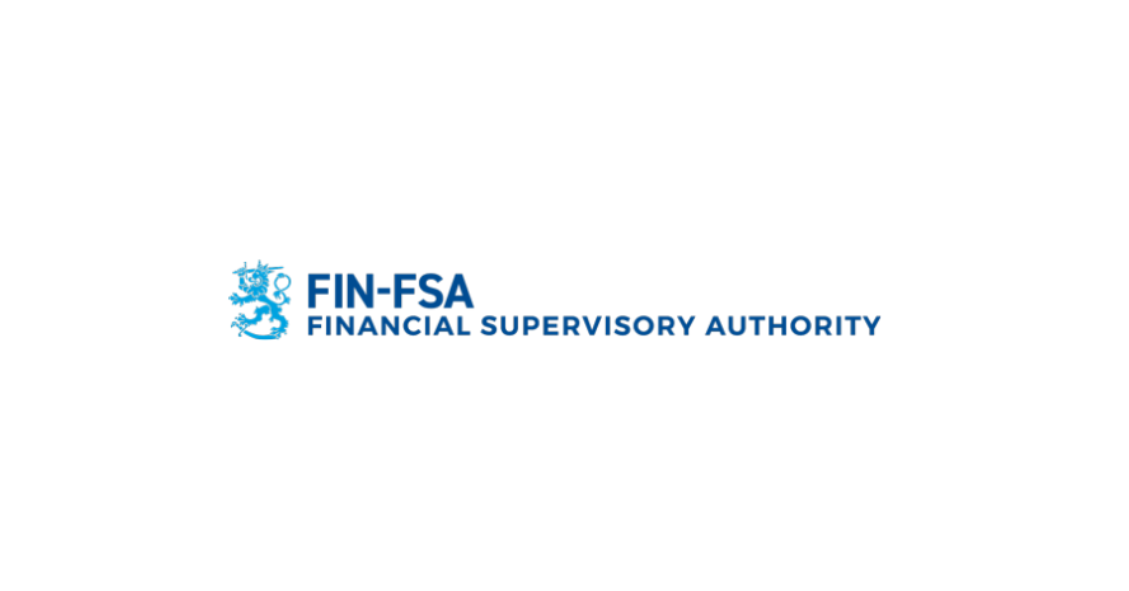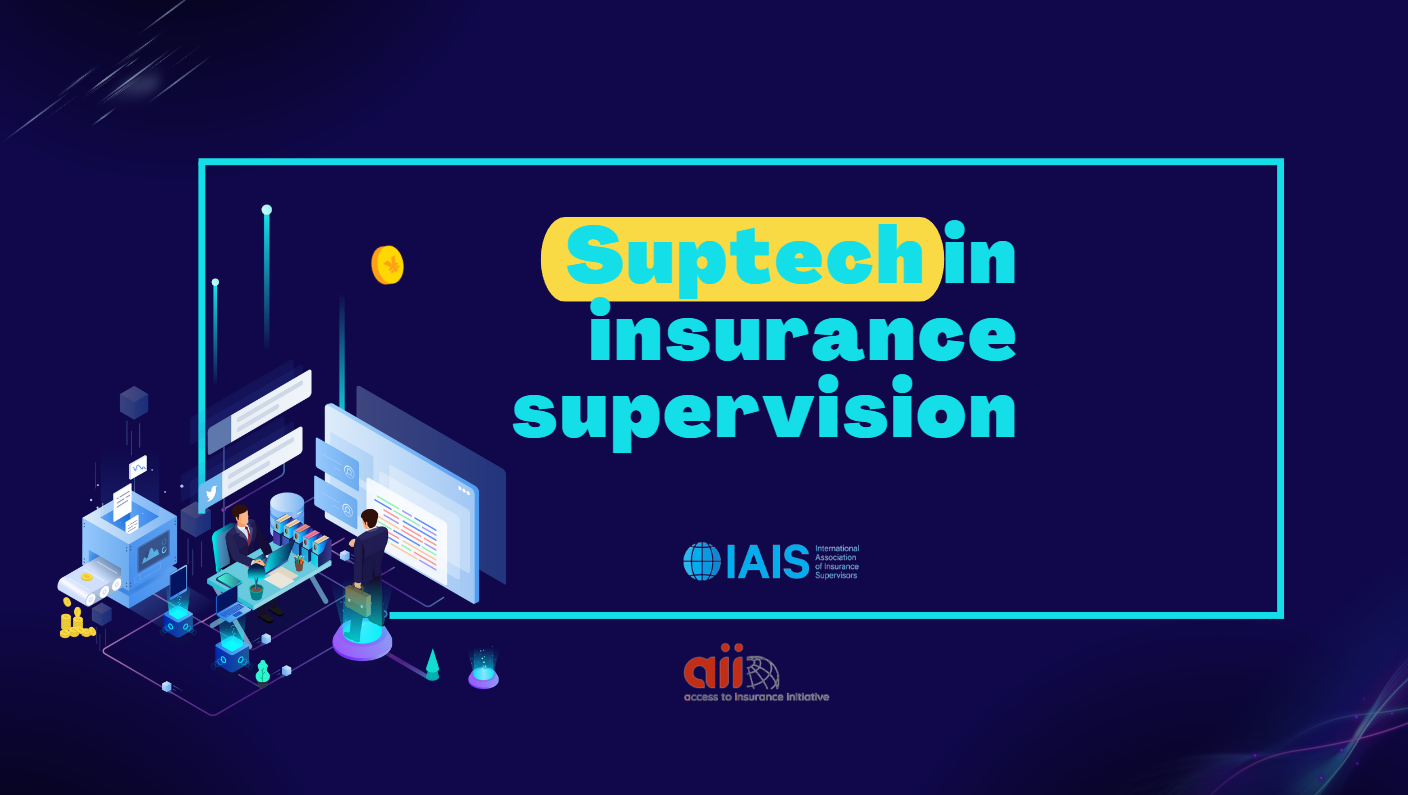The Securities and Commodities Authority undertakes the tasks of regulating, supervising and controlling the virtual assets sector
The Authority issues detailed decisions for licensing and establishes a mechanism for carrying out tasks for related activities.
Pursuant to Cabinet Resolution No. 111 of 2022, the responsibility for supervising and regulating the virtual assets sector in the State has been assigned to the Securities and Commodities Authority, with the aim of developing the legislative system for the sector, its related activities and service providers, in a manner that guarantees the rights and duties of all parties participating therein.
It is noteworthy that the Cabinet’s resolution defined virtual assets as “a digital representation of the value that can be digitally traded or transferred, can be used for investment purposes, and does not include digital representations of paper currencies, securities, or other funds.”
The provisions of the aforementioned resolution apply to all transactions related to virtual assets that take place for investment purposes within the State, including free zones, and its provisions do not apply to virtual assets that are used for payment purposes, as they are subject to the jurisdiction of the Central Bank. They also do not apply to financial free zones.
The aforementioned cabinet resolution aims to regulate the virtual assets sector in the State, its related activities and service providers to ensure the protection of investors’ funds in virtual assets from illegal practices. The resolution also aims to support the State's efforts to provide an attractive investment, economic and financial environment for international companies and institutions operating in the virtual assets sector to provide their services in the State, in addition to ensuring that financial institutions operating in the virtual assets sector adhere to the requirements of anti-money laundering crimes and combating the financing of terrorism and illegal organizations.
The aforementioned resolution included the general framework for regulating virtual assets, including the minimum requirements for licensing and doing business, provided that the Authority shall be responsible for issuing detailed decisions for licensing and the mechanism for carrying out tasks for activities related to them in the State. The aforementioned resolution prohibited any person from practicing virtual assets activities in the State without obtaining approval and a license from the Authority or the local licensing authorities, as the case may be, provided that he establishes a head office in the State to carry out his business, according to one of the legal forms approved by the local authorities concerned with commercial licenses.
In detail, pursuant to the aforementioned Cabinet resolution, the Authority will be responsible for supervising and controlling the activities of virtual assets, its service providers, and its transactions that take place within the State, including free zones, issuing decisions regulating them, licensing their service providers and their work mechanisms such as the operator of the virtual assets platform, the virtual assets broker, and the custodian of virtual assets, and verifying their compliance with the application of the legislations applicable in the State, including the protection of personal data.
Furthermore, the Authority is responsible for issuing the necessary instructions and guidelines, in coordination with the concerned authorities, to establish a mechanism for evaluating and monitoring virtual asset service providers and the procedures and measures to be taken regarding suspicious transactions that take place in violation of the provisions of Federal Decree-Law No. (20) of 2018 on Anti-Money Laundering and Combating the Financing of Terrorism and Financing of Illegal Organizations, its amendments, its executive regulation, the decisions issued pursuant thereto, the legislations applicable in the State and international requirements, in addition to educating and enlightening investors about the investment sector in virtual assets and its risks.
The aforementioned resolution also granted the Authority many powers, including preventing any natural person from carrying out any tasks or businesses related to virtual assets without being approved by the Authority, stopping any virtual asset service providers from practicing their activities or revoking their license, stopping the process of listing or trading virtual assets, stopping work with the technologies used by service providers, stopping any activity that is being practiced without a license, stopping or preventing the operation of the virtual assets platform, imposing a fine not exceeding ten million dirhams, and imposing a fine equal to the value of the profits obtained from the avoided violation or the loss, and referring the violator of the provisions of resolution to the Public Prosecution.
There is no doubt that all the provisions included in the aforementioned cabinet resolution provide, in their entirety, an effective mechanism to protect investors in virtual assets, by resorting to service providers licensed by the Securities and Commodities Authority, and trading their virtual assets through the digital platforms licensed thereby.























































First, please LoginComment After ~